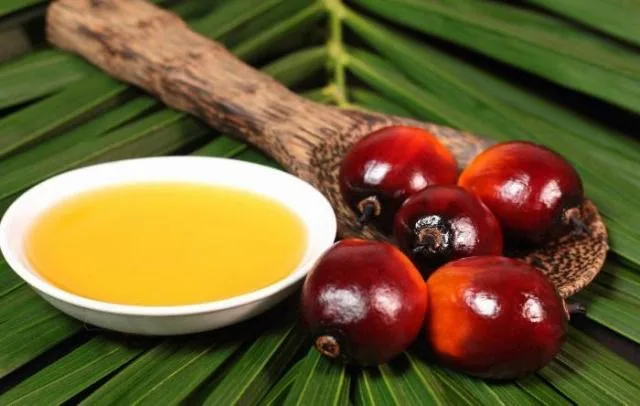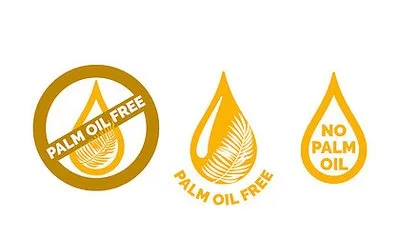At BookChem, we believe the future of specialty chemicals lies in sustainability and innovation. One of the most impactful renewable feedstocks in our portfolio is palm oil—a versatile, high-yielding natural oil that serves as the foundation for a broad range of oleochemicals used across industries from personal care to industrial cleaning.
How Palm Oil Is Converted Into Oleochemicals
Palm oil contains triglycerides rich in saturated and unsaturated fatty acids, making it a perfect substrate for transformation into high-performance oleochemical ingredients. Key chemical processes include:
- Hydrolysis – Separates fatty acids and glycerin.
- Transesterification – Converts triglycerides into fatty acid esters for biofuels and emulsifiers.
- Hydrogenation – Produces saturated fatty acids and fatty alcohols with improved oxidative stability.
- Amidation – Yields fatty amines and amides for use in conditioning agents and surfactants.
These transformations allow palm oil to serve as a renewable alternative to petroleum-based materials.
Major Applications of Palm-Based Oleochemicals
1. Surfactants
Palm oil-derived fatty acids and alcohols are foundational in formulating mild, effective surfactants for a wide array of uses:
- Sodium Lauryl Sulfate (SLS) and Sodium Laureth Sulfate (SLES) – Common anionic surfactants for foaming and cleansing in shampoos and soaps.
- Fatty Alcohol Ethoxylates – Non-ionic surfactants offering excellent emulsification and solubilization properties.
- Alkanolamides – Improve foam stability and viscosity in personal care products.
2. Cosmetic & Personal Care Ingredients
Palm-derived oleochemicals play multifunctional roles in formulations for:
- Emulsifiers – Like Glyceryl Stearate, used in lotions and creams to stabilize oil-water blends.
- Humectants – Such as Glycerin, used for moisture retention and skin conditioning.
- Thickeners – Including Stearic Acid, used for enhancing viscosity and texture.
These ingredients offer not only performance but also biodegradability and skin safety.

3. Industrial & Household Chemicals
Palm oil-based oleochemicals are widely used in:
- Lubricants – Fatty esters and acids offer low-toxicity, biodegradable solutions.
- Detergents & Cleaners – Palm-derived surfactants ensure effective soil removal with less irritation.
- Plastic Additives – Fatty amides serve as slip agents and anti-blocking compounds in film production.
Sustainability: Benefits and Responsibility
Palm oil offers an economically viable and high-yield source of natural oleochemicals. However, responsible sourcing is critical to avoid issues such as:
- Deforestation and habitat loss
- Carbon emissions from land conversion
- Labor and ethical concerns
At BookChem, we only work with RSPO-certified suppliers and actively support traceability and ethical supply chains to ensure environmental and social integrity.

BookChem Commitment
BookChem is dedicated to driving innovation in green chemistry. We provide a wide portfolio of palm-based oleochemicals tailored to:
- Cosmetics & personal care brands
- Household & institutional cleaning industries
- Specialty industrial applications
With R&D capabilities and global logistics expertise, we ensure every client gets high-performance, sustainable, and compliant solutions—backed by technical support and documentation.
Palm oil remains an indispensable asset in the oleochemical landscape—offering performance, versatility, and renewability. At BookChem, we harness its potential through responsible sourcing and cutting-edge formulation science to support your success in the growing bio-based chemical economy.Looking to integrate sustainable oleochemicals into your products?Contact BookChem today to learn more or request a product sample.
